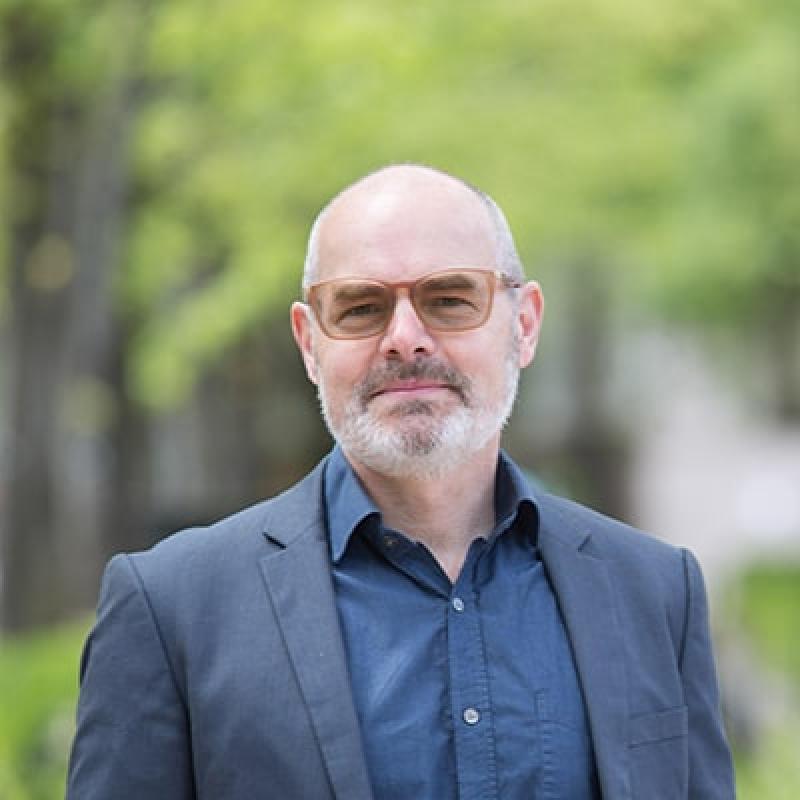
Carbin Minerals Inc., a Vancouver-based carbon mineralization company, has changed its name to Arca as it stands on the cusp of a mid-year commercial-sized pilot project for its technology.
The company was founded in September 2021, the result of 20 years of research from University of British Columbia (UBC) geology professors Greg Dipple, Bethany Ladd and Peter Scheuermann. Its portfolio of technologies are patent-pending.
Carbon mineralization is the process by which carbon dioxide (CO2) from the atmosphere – such as that found in rainwater – binds with magnesium present in ultramafic rocks to form magnesium carbonate. The UBC professors observed this was also happening in mine tailings – waste material remaining after the sought-after minerals and elements are removed.
“We're capturing carbon dioxide from the air and transforming it into rock,” Paul Needham, Arca’s CEO, told SustainableBiz. “So carbon mineralization could be a really meaningful and gigaton-scale solution to climate change.”
“According to some third-party research, it's probably about just under 200 gigatons of suitable material that's already sitting at legacy mines . . . We believe there's a potential just in that to capture about 40 gigatons of CO2.”
Arca’s pilot project involves implementing its technology at the active site of an unnamed mining company, where Needham stated it can increase the rate of carbon mineralization by up to five times.
Arca is working with 10 other global mining companies and has pre-sold $1 million in carbon credits to Shopify and Frontier. The company had previously been recognized with a US$1 million XPRIZE award for carbon removal funded by the Musk Foundation, a Foresight50 award, and received a seed funding grant from Sustainable Development Technology Canada.
Arca’s carbon mineralization process
Prior to joining Arca, Needham founded an 850-person rural rooftop solar leasing company in India, which he eventually sold to ENGIE SA. He was an entrepreneur in residence at UBC, where he met Dipple, Ladd and Scheuermann, leading to him joining the company in April 2022.
The company also offers other services related to the carbon mineralization process.
“We can work with mining companies at any stage of project development. Juniors that have a prospective mine, they've done core samples, and we can look at that material and help them understand what the carbon mineralization potential will be once they start producing nickel and producing tailings,” Needham explained.
“But for companies with active mines, or legacy mines (where) the tailings are still there, we can deploy our solutions on site and help them start to capture atmospheric CO2 today.”
There are no extra requirements in terms of land or extensive usage of resources to set up the necessary equipment, which Needham referred to as "lightweight".
In a release, Needham states the world will need 10 to 20 times more nickel and other critical minerals to succeed in the clean energy transition, but there is little net benefit if they are not mined sustainably. Nickel is key to developing industries such as electric vehicles and is one mineral hosted in ultramafic rocks, along with certain platinum group elements.
"One per cent nickel might be a good mine, and that means 99 per cent of the material that they're pulling out of the ground is not nickel," Needham noted.
That 99 per cent of ultramafic rock can be utilized for Arca's mineralization process.
“Our method provides for the most stable, permanent, durable method of storage,” he said. “By turning CO2 into rock, it's practically irreversible. You would need to dose this with dangerous acids or extremely high temperatures to reverse it.”
Carbin Minerals to Arca
Needham said the name 'Arca' is derived from a Latin word for a chest in which to store valuables.
“Carbon dioxide is a very special thing, it’s just in the wrong place right now. So we need to put it back into the ground from whence it came,” he said.
“We chose the name Arca, really, to signal our transition from our academic roots at UBC to now being an early player, but already the market leader in carbon mineralization.”
The name change is also meant to represent both sides of its business – the carbon mineralization process and the sale of the carbon credits to Fortune 500 companies that it would generate.
Arca’s future
Needham mentioned another early-stage technology the company is developing to improve the rate of CO2 capture, although no timeline was given.
Arca currently has 10 employees, mainly scientists. Its anticipated future growth would mean a need for more scientists, business development and relationship management staff.
But for now, the company is focused on getting everything in place for its commercial pilot.
“We want to just lean in and work on this as fast as possible. We've been busy attracting the key partnerships that we need to do so and of course, the key people that we need. (That includes) partnerships with mining companies, partnerships with buyers of CDR (carbon dioxide removal) credits, and its investors,” Needham said.
“We're focused right now on building that foundation, so that we can contribute meaningfully to the global goal of 10 gigatons a year of CO2 removal that really needs to happen by 2050.”










